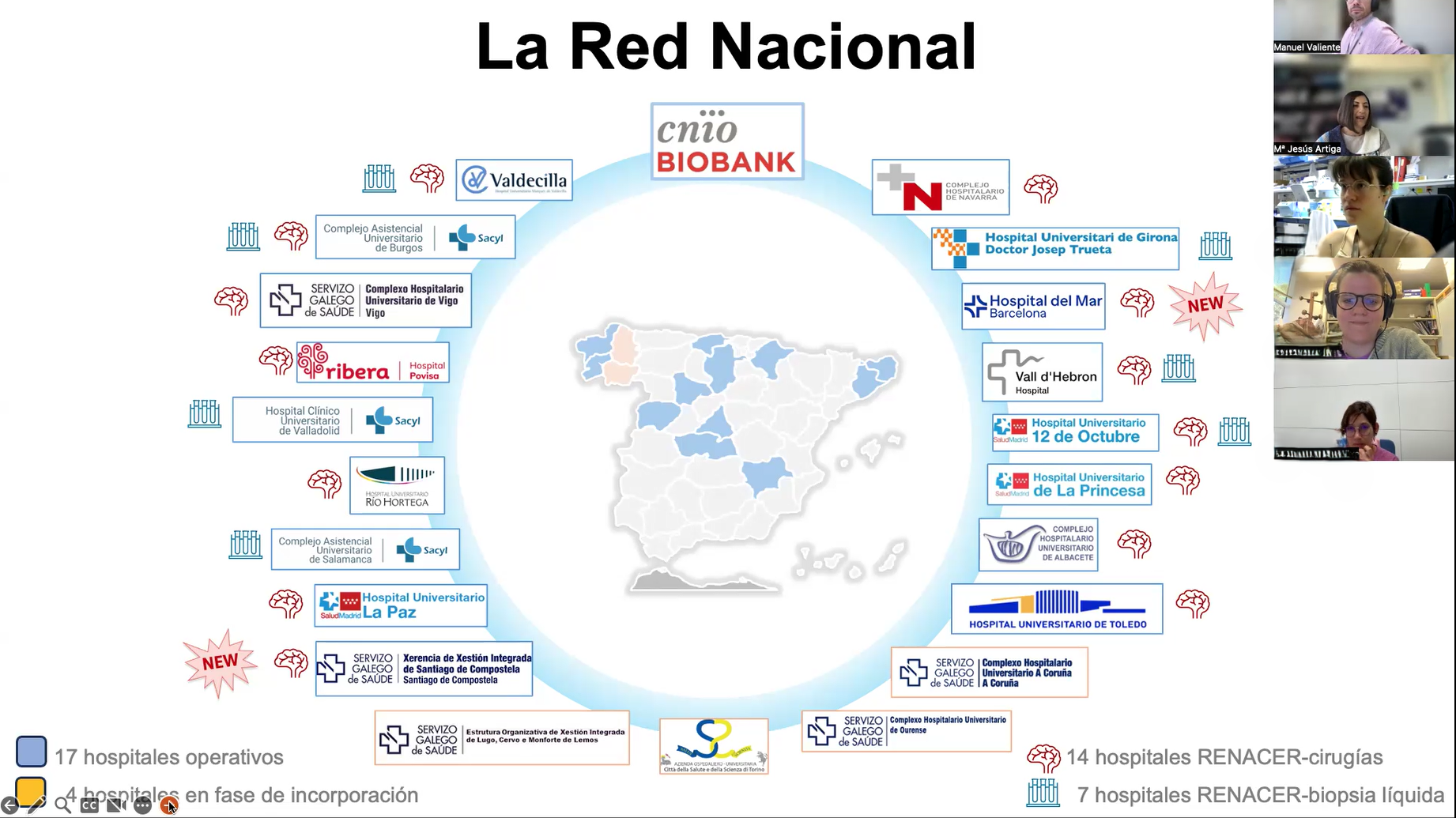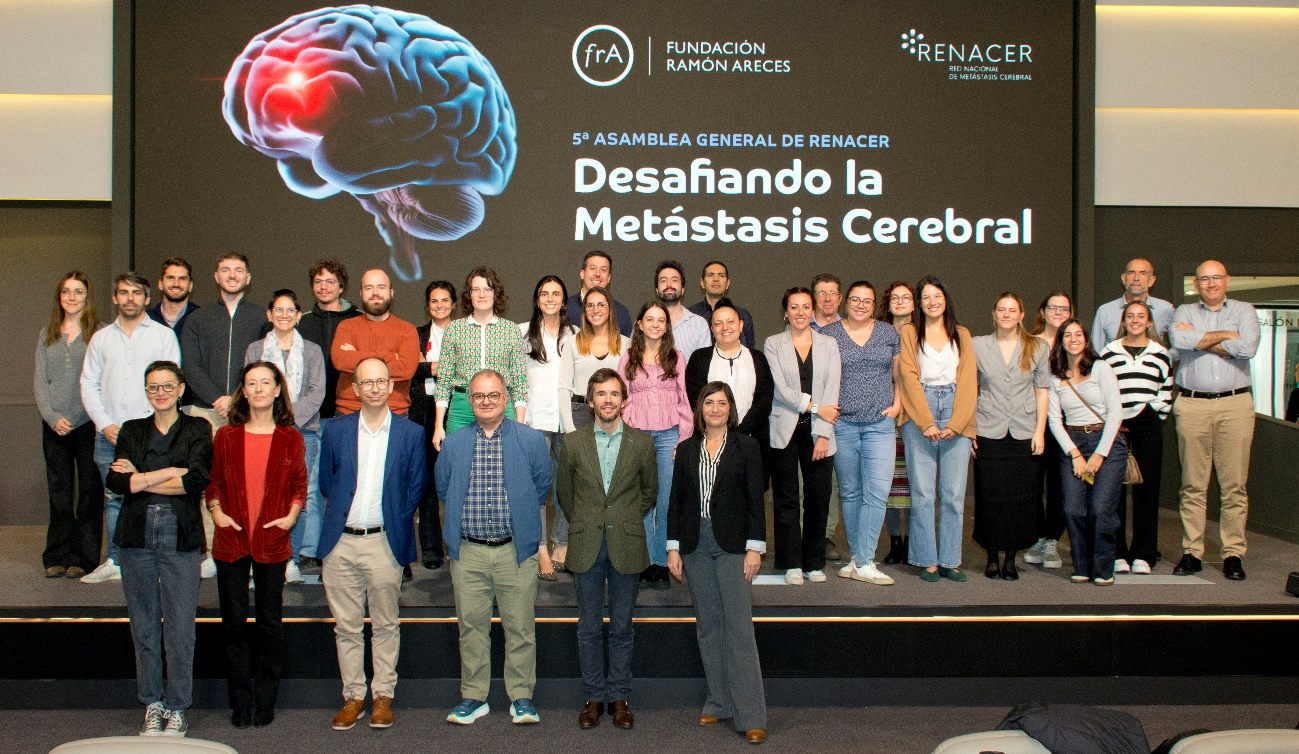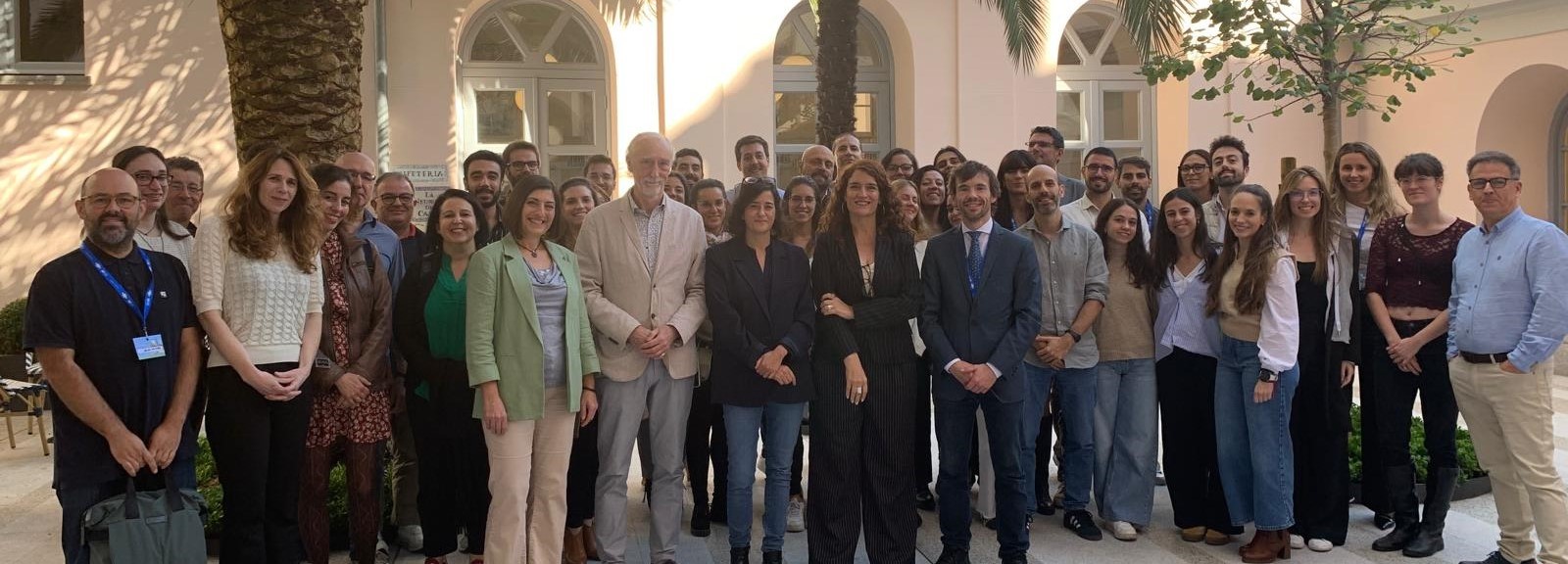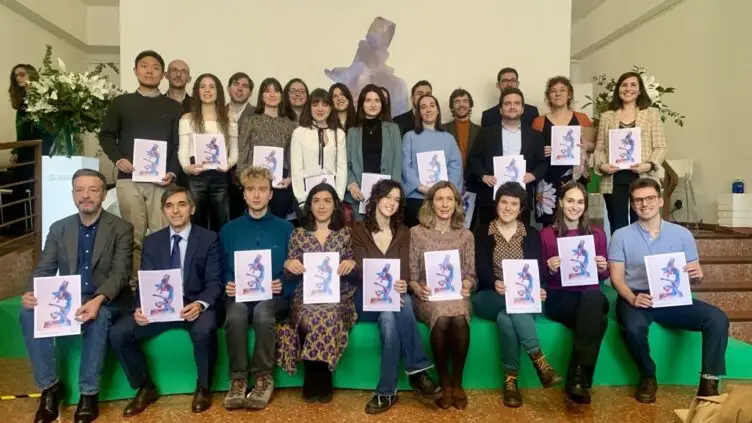In accordance with the network’s established tradition, RENACER extended an invitation to all members and stakeholders with an interest in brain metastases to attend the Virtual General Assembly, which took place on 5 May 2025. This event served as a forum for the dissemination of information and the exchange of knowledge regarding the progress, changes and challenges experienced by the network.
The meeting covered the current state of RENACER, and we took the opportunity to present the two most recent additions to the network: the Hospital del Mar and the Hospital Clínico Universitario de Santiago. These new sites will increase our capacity to recruit new patients and extend our coverage within the national territory, through the participation of referral hospitals. Special mention was also made of our external collaborators, who have provided expert advice on the handling and management of clinical data to improve our approach and procedures. Together with the new clinical data manager, they are enabling us to implement a “complete registry of the oncological process of patients”. This will allow both clinical (patient) and experimental (metastasis) exploitation of the data, thus generating a unique repository of data and samples of patients and brain metastases. This repository currently contains information on 424 patients from the surgery cohort and 152 from the liquid biopsy cohort.
In addition, the new approaches that have been integrated into RENACER’s methodology and workflow were presented, which also includes the cognitive and quality of life assessment of patients, and the incorporation of radiological monitoring by imaging, to allow non-invasive assessment of disease status, as well as the development of mathematical simulation models for the prediction of drug response.
Neurocognitive characterisation is a key area, which seeks to integrate the cognitive status of patients with multi-omics data and medical imaging to, in the future, identify drugs that prevent or reverse the neurocognitive impact. To this end, we have already incorporated regulated neurocognitive assessment results in H12O (Hospital 12 de Octubre), and we are working on the implementation of the Amsterdam Cognition Scan (ACS), an innovative tool that allows us to assess the cognitive level in research settings in clinical and/or healthy populations, in a pilot study in which H. La Princesa and CHUVI are participating. This initiative is open, so that new hospitals may join in the near future.
Collaborations were also mentioned, including a successful collaboration with AstraZeneca on biomarker discovery, which is likely to be continued in the near future. Along these lines, the network is actively pursuing the attraction of funding for proof-of-concept development, commercial exploitation and data exploitation, to achieve specific clinically relevant targets applicable to cancer patients in a short period of time.
At the end of the session, the challenges and opportunities for the future of the network were shared, ranging from the sustainability of the network, seeking to continue growing and incorporating new members; fostering greater understanding and improvements in the management of clinical data, allowing the exploitation of these data to challenge the pillars underlying the poor prognosis of brain metastases; the consolidation of the new approaches of the work strategy (with the incorporation of neurocognitive assessment and medical imaging analysis); and the homogenisation of RENACER and its database, allowing the sharing of the information collected (RENACER Data Portal), favouring the national and international promotion of the results and favouring their use by researchers and clinicians interested in brain metastases. To this end, communication and dissemination campaigns have also been launched to help multiply its impact and scope.
These challenges will shape the future strategy to consolidate the network’s position and increase its footprint, with multidisciplinary collaboration and the exchange and integration of different types of data (clinical, imaging, multi-omics, cognitive) being key building blocks of the network.
All members of the network are invited to support, promote or incorporate new approaches and methods, which help to achieve specific clinically relevant targets that can be applied in the short term in patients suffering from this cancer.
If you are interested in accessing a recording of this assembly, please write to us at renacer@cnio.es or info@renacerbrainmet.com.






